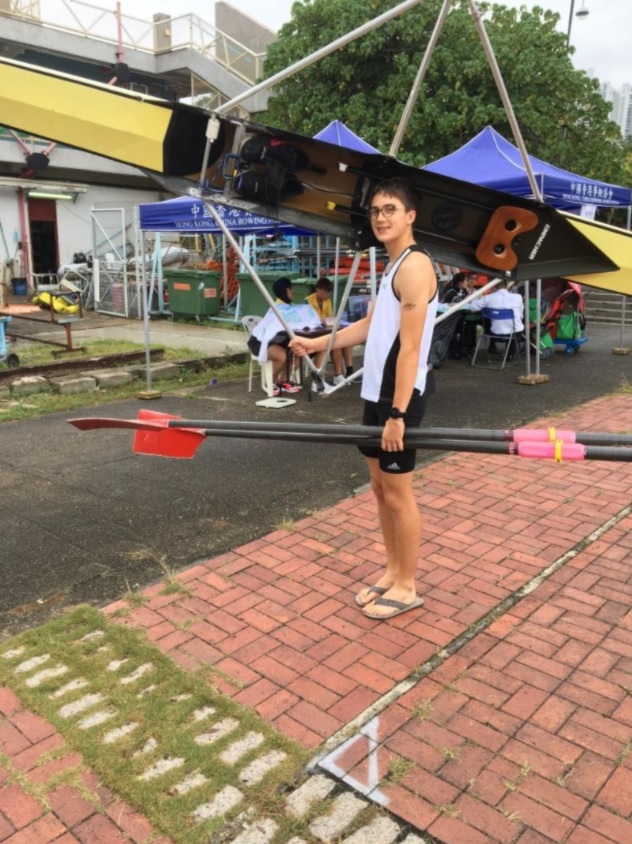At a time when many businesses struggle to forecast the next quarter, never mind the full year ahead, it is hardly fair to expect secondary-level students to have definite career plans.
With so much change and uncertainty in the air, their best move is to keep options open by picking up a diverse range of skills and experience and striking a balance between academic commitments and outside activities.
That’s what Dylan Robinson is doing. He is keen to explore everything and not box himself in. So far, that general approach has seen him involved in sports, causes supporting human rights, and community service projects. And it also helped him to win the Grand Prize at the 2019/20 Student of the Year Awards, which were organised by the SCMP and Young Post and sponsored by The Hong Kong Jockey Club.
“At this point, in terms of future goals, I’m thinking of three main areas, though I haven’t decided which to pursue yet,” says Robinson, who is currently in Year 13 at the German Swiss International School and preparing for his final IB exams later this year. “What happens largely depends on which university I attend and what I discover there.”
One possibility would be to join a company or entrepreneurship programme focused on robotics. He sees this as a chance to build on an interest in computer science and physics plus experience already gained as a member of the school’s robotics team.
Another option might be to become a diplomat. For Robinson, that interest stems from involvement in organising Model United Nations conferences, as well as presenting coherent arguments as a delegate. Speeches have to take full account of the background and various standpoints on international issues like the Yemeni civil war or veto powers in the UN Security Council. And that requires both extensive preparation and excellent debating skills.
“You have to see things from different perspectives, not just the western point of view,” he says. “During the debates, you have to respect what other people say, but also be able to think quickly, improvise, and get your point across.”
Such interests were further strengthened by stints as an intern with two NGOs. One was working to support freedom of expression; the other was helping individuals to assert their legal rights. And time as volunteer hockey coach and, separately, helping to run scavenger hunts and hikes for primary school children with the Kids4Kids organisation showed how, in contrasting situations, change and progress are always possible if you can bring people together.
“Another career option I may consider is business, especially something like developing algorithms for high-frequency trading on the stock market,” says Robinson, who has done a short internship with a hedge fund. “In fact, of our class of 60, I’m probably one of the few kids who is still interested in finance. It seems the majority want to go into medicine, academia or careers in STEM.”
Of course, whatever eventuates, the first step is to get into university. Robinson is considering Australia or New Zealand, but already has a good offer from the US and is leaning towards that mainly because it would allow him to take a wider range of general subjects before deciding on a major.
“I like the idea of having an exploratory phase, so will probably go there next year,” he says. “It could lead to a physics major, maybe followed by an MBA, or to political science and international relations before working for an NGO or as a social entrepreneur.”
As an accomplished rower, who has already represented Hong Kong at junior level, the chance to keep training and competing at a high level may also weigh in any decision.
“Rowing has taught me to compete as hard as I possibly can and to take opportunities when they present themselves,” Robinson says. “It gives me structure, goals, and means I don’t waste time.”



